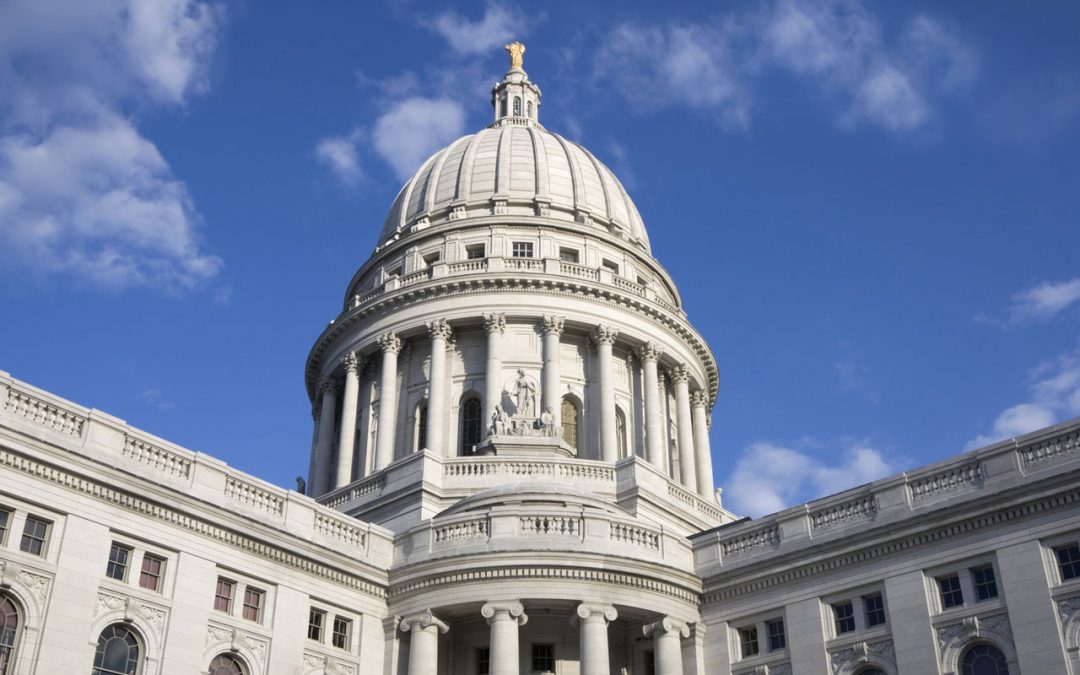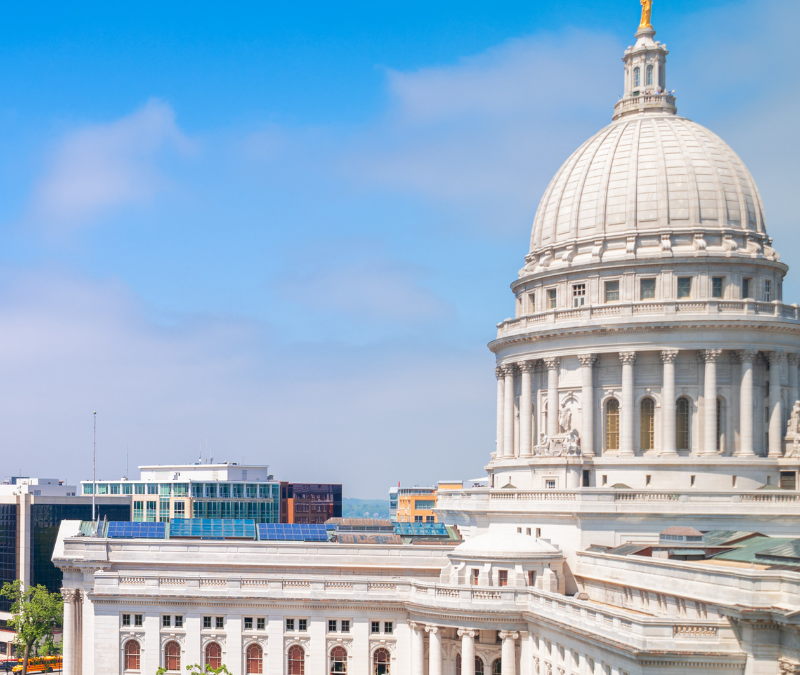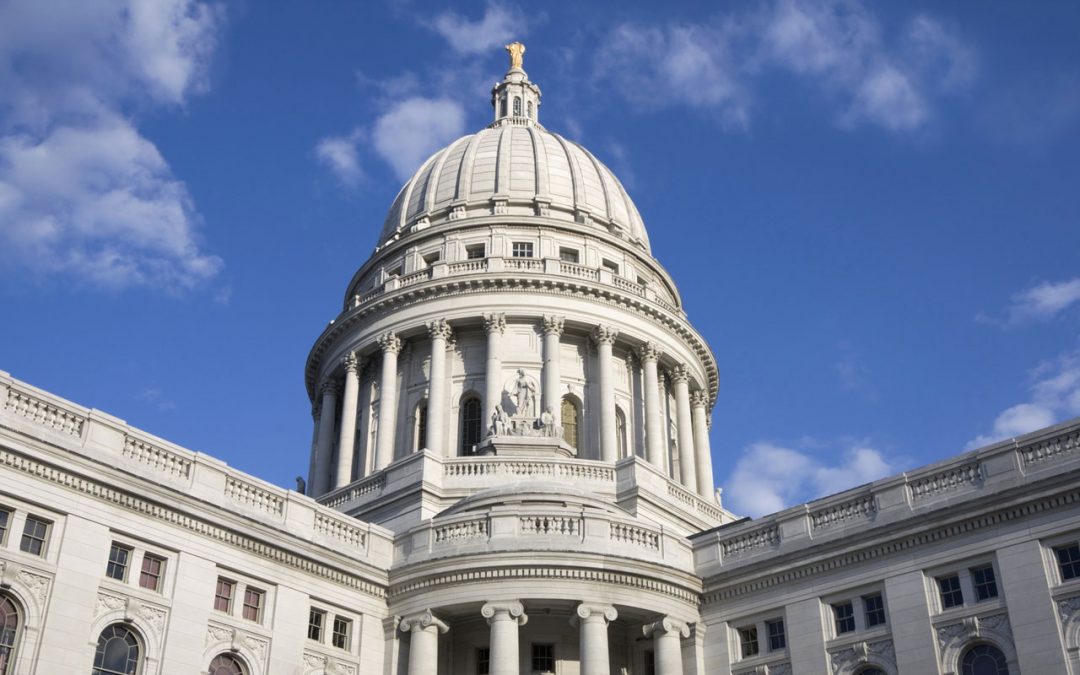
U.S. House Passes HR 1
Today, the U.S. House passed a reconciliation bill eliminating key clean energy tax credits. There’s no way to sugarcoat it. This is a serious challenge for our industry, especially residential solar and small businesses.
Thanks to pressure from clean energy champions, the Senate version softened some of the most harmful provisions. It removed the proposed excise tax on wind and solar, dropped FEOC restrictions that would have penalized projects using certain foreign components, and extended eligibility for commercial and utility-scale projects that begin construction within a year of enactment through 2027. But the Section 25D tax credit is now set to expire on December 31, 2025, with residential projects losing eligibility for any expenditures made after that date. That puts real pressure on small clean energy businesses to adjust planning and project timelines.
It is disappointing to see Congress roll back what was once bipartisan common sense. Since 2005, clean energy tax credits have helped families lower energy bills, driven innovation, and supported hundreds of thousands of jobs. Reversing that support now risks slowing the momentum we have built together.
Installers will face pressure to adjust pipelines to meet an unusually short timeline. Developers may need to reassess projects they can no longer bring online before the new deadline. The result may be fewer jobs, fewer local investments, and reduced progress at a time when clean energy leadership is urgently needed.
Still, I am hopeful.
Over the past eight years, I’ve seen clean energy businesses across Wisconsin grow exponentially. I’ve watched electricians, designers, sales teams, and service professionals build lasting careers and deepen their roots in Wisconsin communities. Federal incentives helped lay the foundation, but they did not create the deep commitment we see today. That credit belongs to all of you and the lasting impact of your work across the state. I am disappointed by this decision, but my belief in this community has not wavered. This industry has weathered tariffs, shifting political winds, and policy uncertainty before and has come back stronger every time.
RENEW is ready to support you through this next chapter. We will continue to advocate for state and local policies that strengthen the business case for renewables. We will work to remove barriers to clean energy access, elevate your success stories, and help businesses adapt to the new federal landscape. Because we still believe that clean energy is the best way to build a healthy, thriving Wisconsin.
I encourage you all to take some time this weekend to rest and recharge. Next week, we’ll begin digging into the legislation and planning for the days, weeks, and years ahead.




